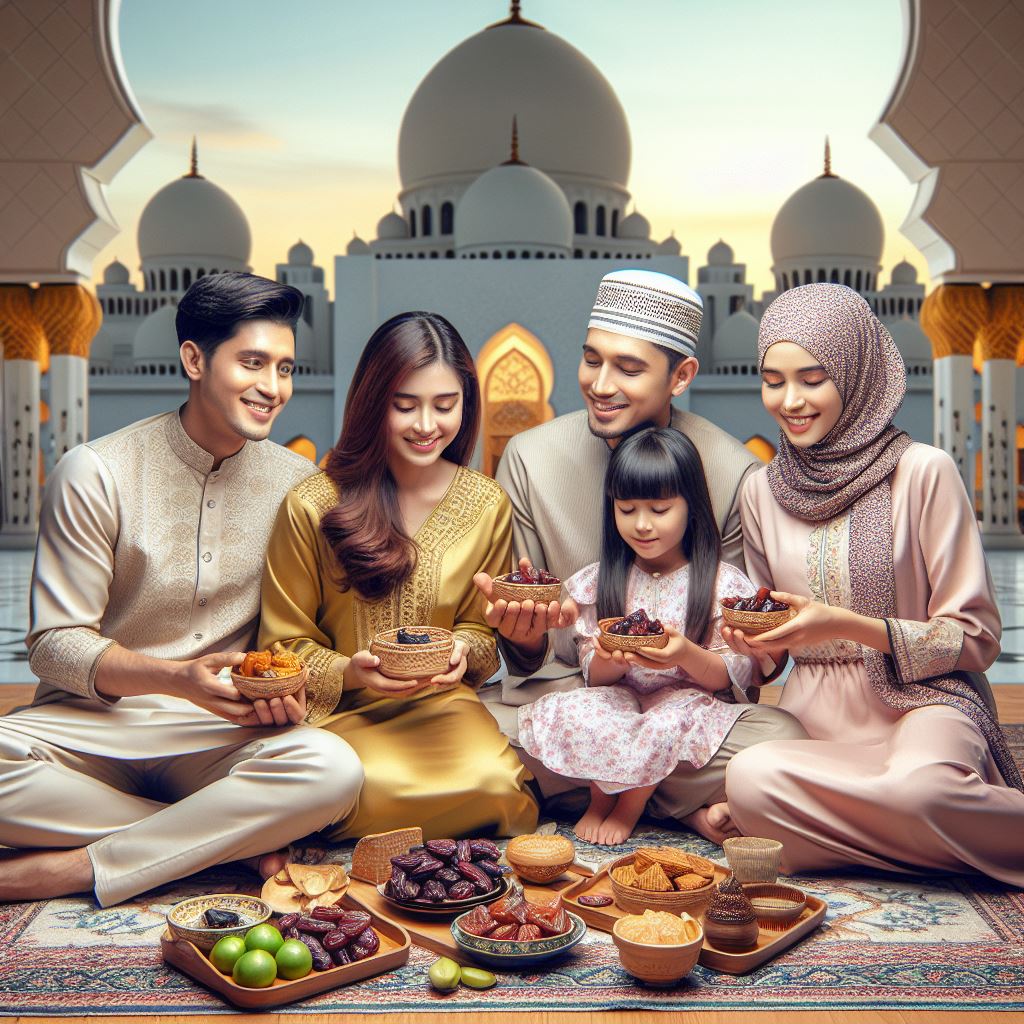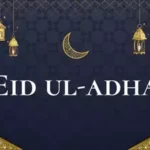Eid al-Fitr, also known as the “Festival of Breaking the Fast,” is one of the most significant and joyous celebrations in the Islamic calendar. This religious holiday marks the end of Ramadan, the holy month of fasting and spiritual reflection observed by millions of Muslims around the world. Eid al-Fitr is a time for Muslims to come together, express gratitude, and share the joy of breaking their fasts with family, friends, and the broader community.
Historical Significance:
Eid al-Fitr has deep historical and religious significance in Islam. The festival commemorates the end of Ramadan, during which Muslims fast from sunrise to sunset, abstaining from food, drink, and sinful behavior. Ramadan holds a special place in the hearts of Muslims as it is believed to be the month during which the Quran, the holy book of Islam, was revealed to Prophet Muhammad.
The Observance of Ramadan:
The month of Ramadan is a time of self-discipline, increased prayer, and acts of charity. Muslims engage in reflection, seeking spiritual growth and a closer connection to Allah. The fast is not only a physical exercise but also a means of purifying the soul and practicing self-control. Throughout the month, Muslims break their fasts with a meal called iftar, often beginning with the eating of dates and followed by a larger feast with family and friends.
The Culmination of Ramadan – Eid al-Fitr:
Eid al-Fitr is celebrated on the first day of the Islamic month of Shawwal, immediately following the end of Ramadan. The day begins with a special prayer known as Salat al-Fajr, which is performed in congregation at mosques or designated prayer grounds. This is followed by a sermon, in which the imam (prayer leader) addresses the community, emphasizing the importance of gratitude, unity, and compassion.
Joyous Festivities:
After the prayer and sermon, the day unfolds with a sense of joy and celebration. Muslims exchange greetings of “Eid Mubarak,” meaning “Blessed Eid,” and engage in acts of charity by giving to those in need, known as Zakat al-Fitr. Families come together for festive meals, and it is customary to wear new or special clothes. Children often receive gifts, and the atmosphere is filled with laughter, love, and gratitude.
Culinary Delights:
Food plays a central role in Eid al-Fitr celebrations. Special dishes are prepared, and traditional sweets are shared among family and friends. Each culture and community may have its unique culinary traditions, but the common theme is the joy of sharing meals with loved ones.
Community Outreach and Solidarity:
Eid al-Fitr promotes a sense of community and solidarity. It is not only a time for personal celebration but also an opportunity to strengthen bonds within the larger community. Muslims are encouraged to reach out to neighbors, friends, and those in need, fostering a spirit of generosity and compassion.
Eid al-Fitr is a beautiful and meaningful celebration that encapsulates the core values of Islam – compassion, gratitude, and unity. Beyond its religious significance, the festival serves as a reminder of the importance of self-discipline, charity, and community engagement. As Muslims around the world come together to celebrate Eid al-Fitr, the message of joy and unity resonates not only within the Islamic community but also transcends cultural and religious boundaries, contributing to a more interconnected and understanding world.






